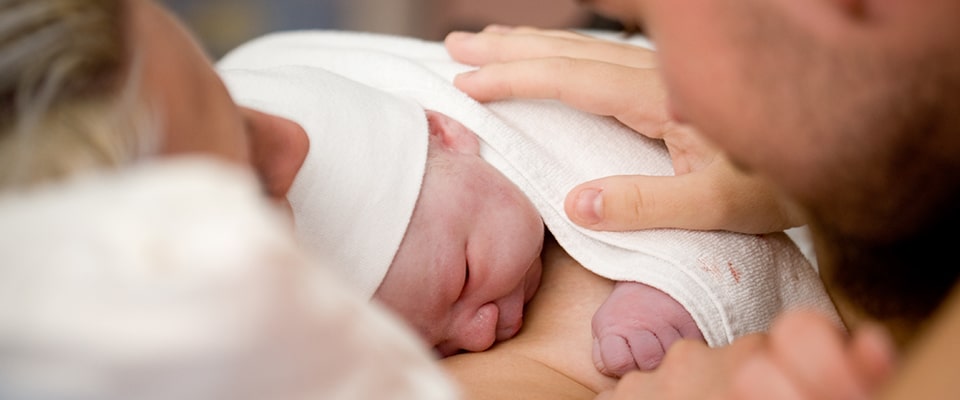Written by Trevor Ward, Birth Injury Unit Specialist
The NHS is a pillar of the UK’s healthcare system, providing vital services to millions of people every year. However, recent reports have shed light on a disturbing trend: maternity failings are responsible for the majority of the NHS’ £13bn spend on negligence.
The Impact
Maternity care is a critical part of the NHS, with over 600,000 babies born in England each year. Despite this, a report by the NHS Resolution found that maternity-related incidents accounted for 62% of the total number of clinical negligence claims made against the NHS in 2021/22. In monetary terms, this translates to a staggering £8.2bn spent on maternity-related negligence claims alone.
This highlights the devastating impact that these failings can have on families. In some cases, maternal or neonatal deaths could have been avoided if appropriate care had been provided. In others, infants have been left with serious and lifelong injuries.
So, what are the main causes of these maternity failings?
The report identified several factors, including poor communication between healthcare professionals, inadequate training and supervision of staff, and a lack of resources and staffing.
One of the key challenges facing the NHS is the increasing demand for maternity services, which has put a strain on resources and staffing levels. This has resulted in a high workload for healthcare professionals, which can lead to fatigue and errors.
Another issue is the lack of consistency in care across different hospitals and regions. While some hospitals have excellent maternity services, others are struggling to meet the needs of their patients. This inconsistency can lead to variations in the quality of care provided, which can have serious consequences for mothers and babies.
What can be done to address these challenges and improve maternity care in the NHS?
The report points to the maternity incentive scheme which was developed to drive and ensure the delivery of a range of safety related actions. This was formulated by a multiagency expert group, by all providers.
As part of this scheme there are 10 safety actions outlined with the aim of improving maternity care in the NHS, these are:
- Using the National Perinatal Mortality Review Tool to review perinatal deaths to the required standard
- Submitting data to the Maternity Services Data Set (MSDS) to the required standard
- Demonstration of transitional care services to support the recommendations made in the Avoiding Term Admissions into Neonatal units Programme
- Demonstration of an effective system of clinical workforce planning to the required standard
- Demonstration of an effective system of midwifery workforce planning to the required standard
- Demonstration of compliance with all five elements of the Saving Babies’ Lives care bundle Version 2
- Demonstration that service user feedback is collected, and service users have an active role through the Maternity Voices Partnership to coproduce local maternity services
- Evidence that at least 90% of each maternity unit staff group has attended an ‘in-house’ multi-professional maternity emergencies training session within the past training year
- Evidence that Trust safety champions (obstetrician and midwife) meet bimonthly with Board level champions to escalate locally identified issues
- Report 100% of qualifying cases to Healthcare Safety Investigation Branch (HSIB) and reported to NHS Resolution’s Early Notification (EN) scheme
Conclusions
In conclusion, the £13bn spend on negligence in the NHS is a concerning issue, particularly when the majority of this spend is related to maternity failings. However, by adopting the maternity incentive scheme and following the 10 step safety actions, work can be done towards improving the quality of maternity care in the NHS and reducing the risk of future incidents of negligence.
Have you suffered negligence relating to pregnancy and birth?
As medical negligence experts, we have vast experience in support clients with their pregnancy and birth claims. An example of this is when we helped a client secure £22,500 in compensation after their baby developed a brain injury following a traumatic birth. If you believe you or your child has been affected by negligence relating to pregnancy and birth, our specialists are here to help.

